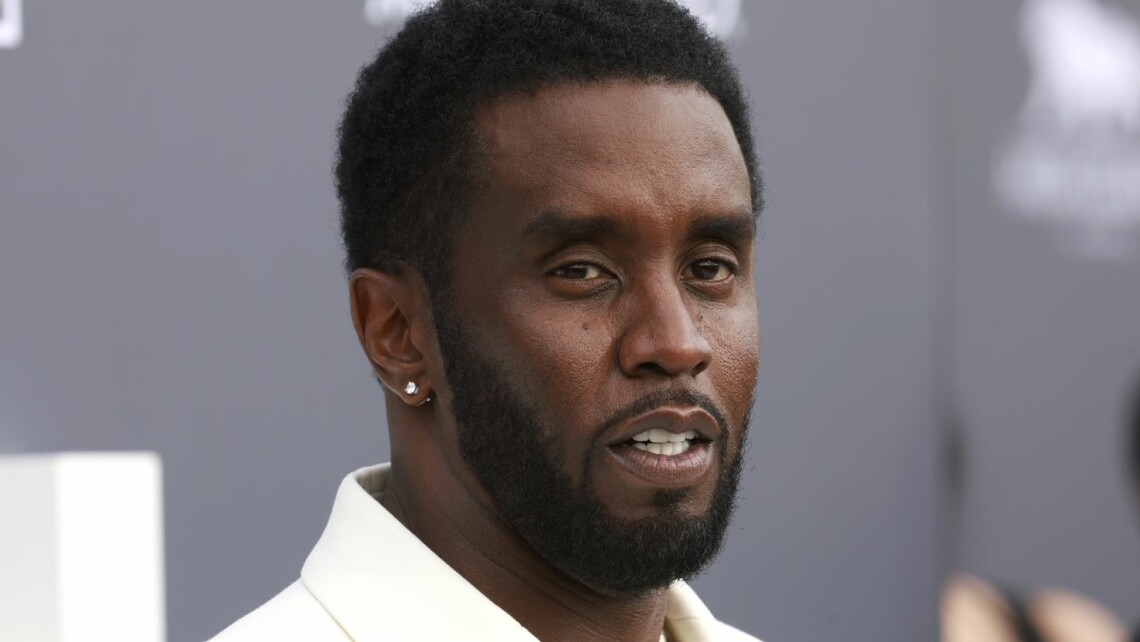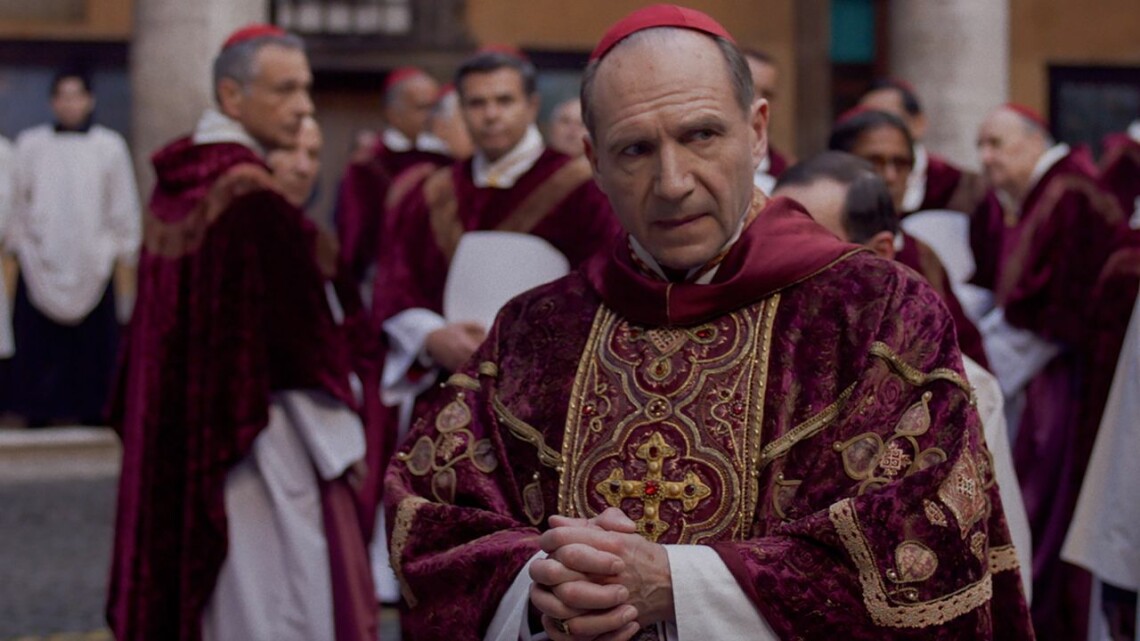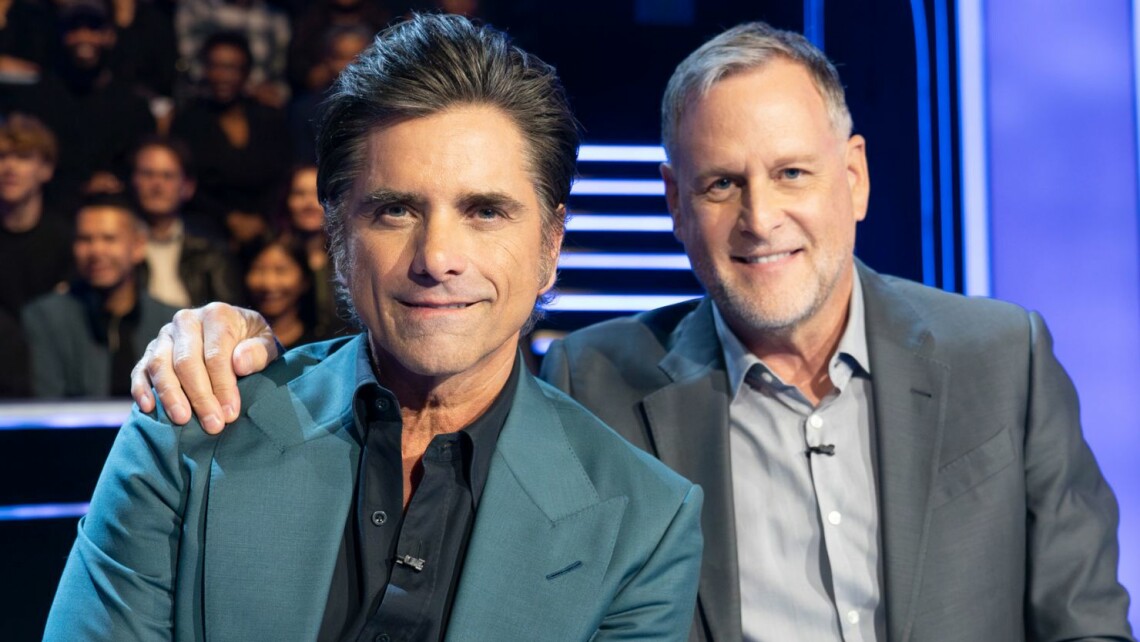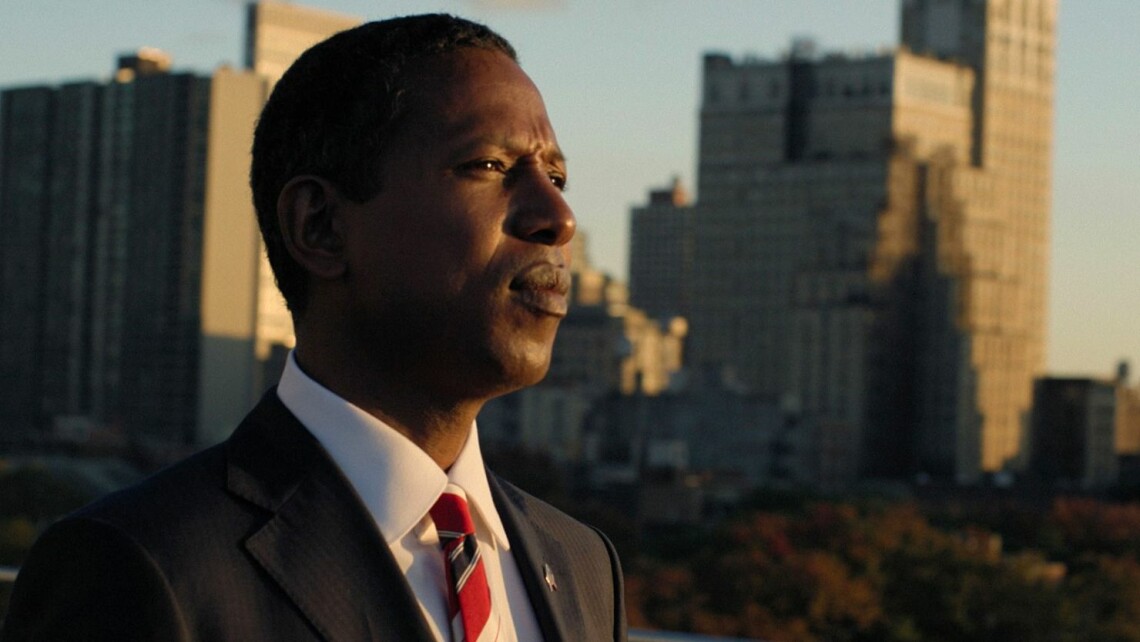Prosecutors claim Sean ‘Diddy’ Combs is attempting to manipulate witness testimony and influence the jury from behind bars.

Sean "Diddy" Combs is accused by prosecutors of actively thwarting a federal probe into his alleged sex trafficking activities, even while incarcerated. In a recent court submission, authorities assert Combs has been manipulating the jury pool from within federal detention.
Telephone audits from the Metropolitan Detention Center have uncovered Combs' use of other inmates' phone accounts to bypass surveillance. Prosecutors allege financial compensation for these inmates occurred through intermediaries, breaching established regulations. Additionally, Combs reportedly engaged in unauthorized three-way calls and utilized a third-party system for disseminating "hundreds of text messages" to numerous unapproved contacts.
Late Friday, these claims surfaced as federal prosecutors argued against granting Combs another bail hearing. His defense team opted to remain silent on the matter. Combs is scheduled for a court appearance on Friday.
Currently held at the Metropolitan Detention Center in Brooklyn, Combs awaits trial on charges encompassing sex trafficking and racketeering conspiracy, pleading not guilty. Over the past year, he has faced multiple civil lawsuits alleging sexual misconduct, which he has refuted.
Prosecutors suggest Combs has endeavored to contact potential witnesses, including accusers, with intentions of coercion or extracting favorable testimonies. "The defendant has persistently sought to evade monitoring, influence witness testimony, and disrupt proceedings," they stated.
The prosecution argues that during his detention, Combs orchestrated social media maneuvers to sway the jury pool, leaked purportedly beneficial information, and reached out to witnesses indirectly.
Following Combs' September arrest, the government's inquiry remains active, with a federal grand jury frequently convening, as reported by CNN on October 31, citing three sources.
A recent legal document emerges a week after Judge Arun Subramanian dismissed Combs' bid to silence witnesses, prioritizing free speech rights. Subramanian's November 8 gag order followed a defense request for Combs' release based on evidence they claim undermines the prosecution's case regarding coercive conduct.
Combs' bail requests have been twice denied, initially by the magistrate judge and subsequently by a trial judge who later recused himself, transferring the case to Subramanian.
In a heavily redacted court filing, Combs' attorneys argue their findings challenge the government's assertions, particularly regarding the existence of a second victim and witness tampering.
"The new material contradicts the government's portrayal of the evidence and diminishes claims of Mr. Combs' threat," they argued.
In their opposition to another bail motion, prosecutors contend Combs reiterates previously dismissed arguments without presenting substantial new evidence.
Specific instances of Combs' public messaging strategies to assert his innocence are obscured in the filing. Prosecutors note that despite judicial directives to limit public commentary, Combs mobilized family members to sway public opinion via social media, including posting a celebratory video of his birthday.
"From within MDC, the defendant analyzed audience engagement and strategized with his family to manipulate jury perception," prosecutors noted.
Prosecutors assert Combs' disregard for custody rules indicates potential non-compliance with any bail conditions. Combs' legal team proposed a bail package mirroring those previously rejected, including a $50 million bond and stringent home detention measures. The proposal limits visitors to family and attorneys, unlike prior requests which allowed broader access.


